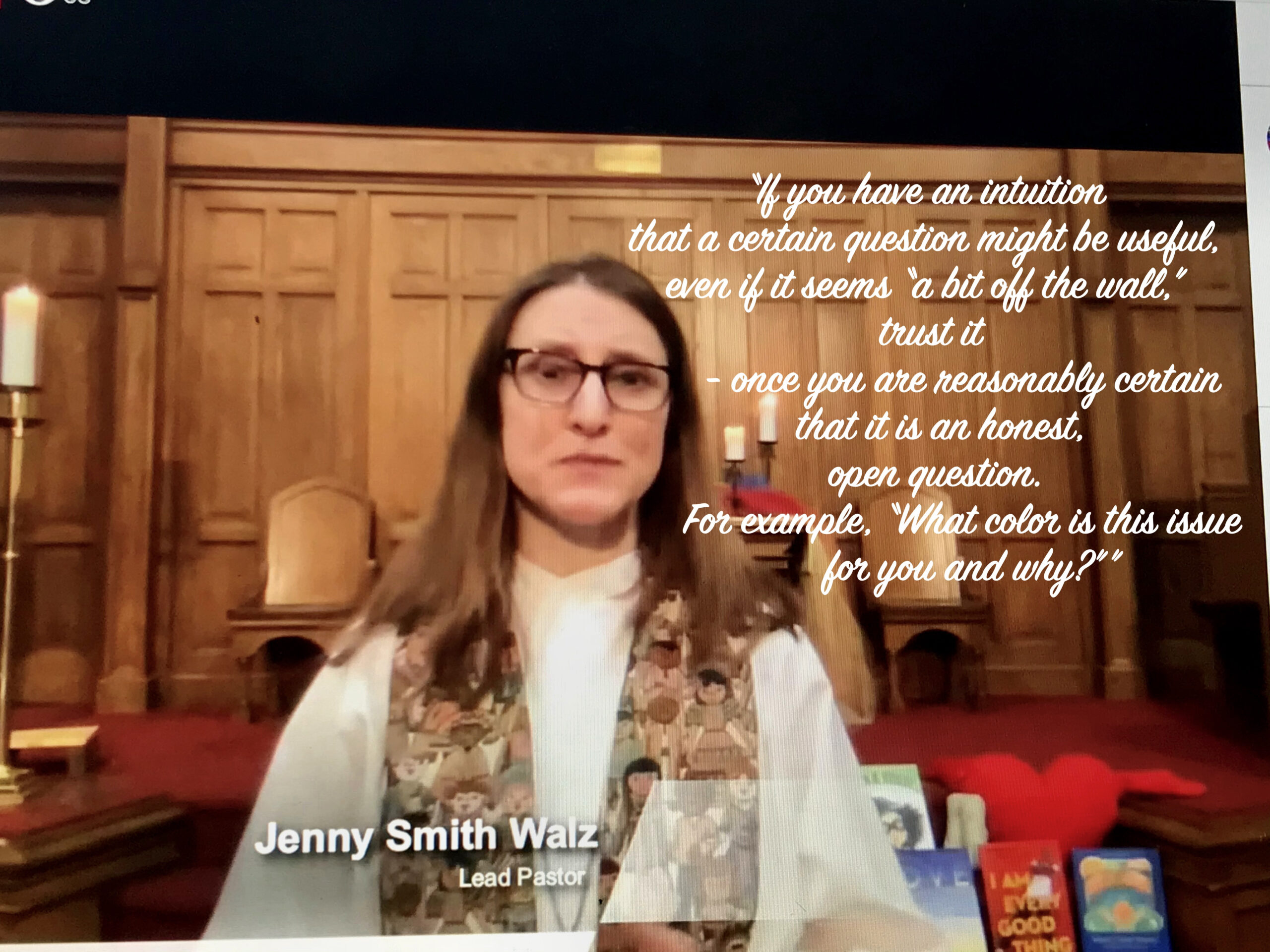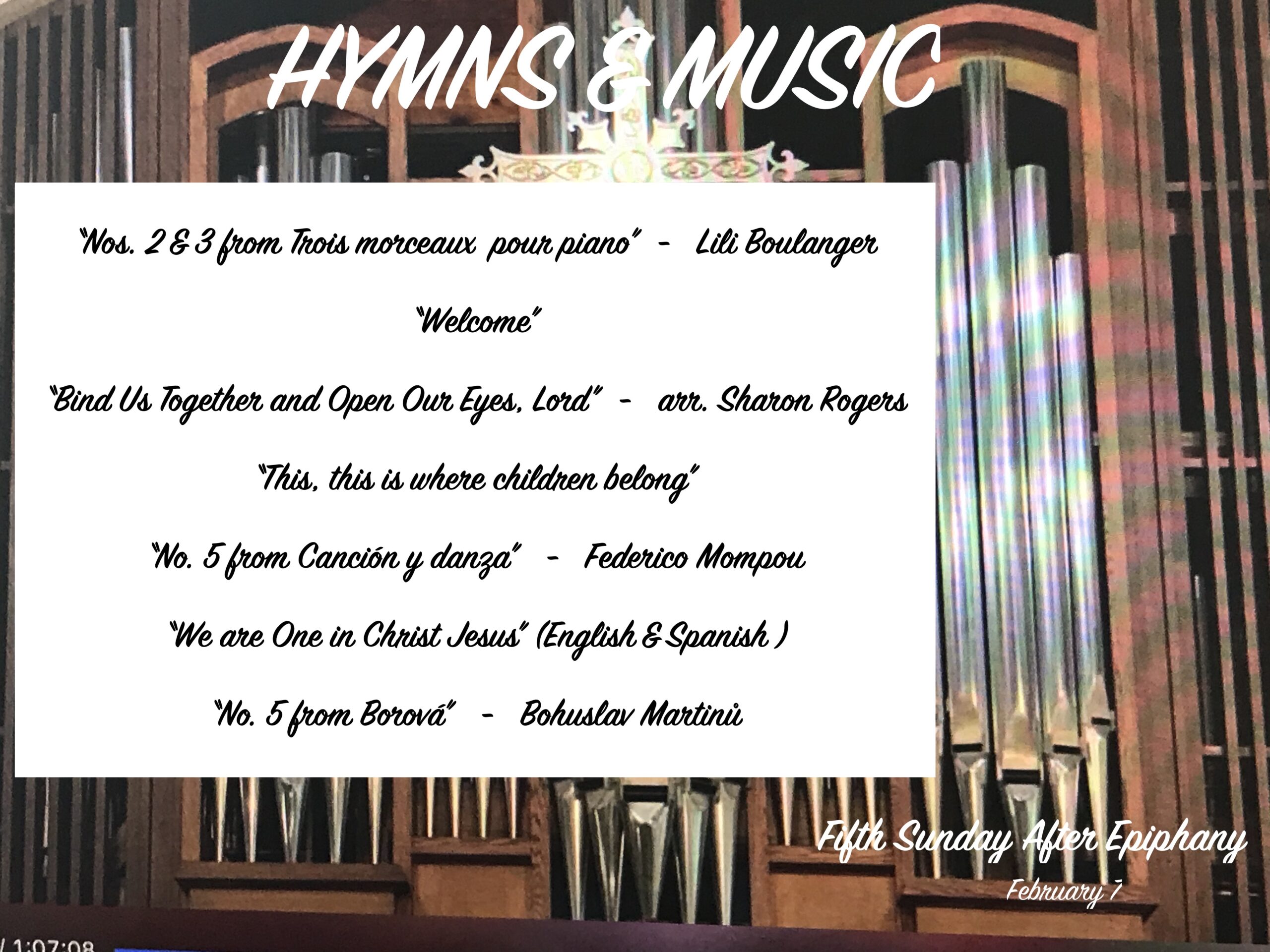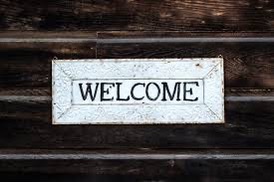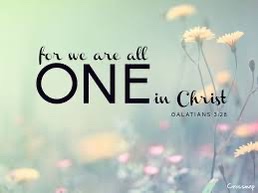

Saturday, February 6
In Mark 14:7 Jesus says, “For you always have the poor with you, and you can show kindness to them whenever you wish; but you will not always have me.”
In Jesus rebuke of Judas’ patriarchal denigration of the woman anointing Jesus’ head with nard is a chilling indictment of humanity’s toleration of poverty, which we could eradicate the way we did smallpox. As demonstration again in John 9, humans seem primed to see the misfortune of others as earned; “[a]s he walked along, he saw a man blind from birth. His disciples asked him, “Rabbi, who sinned, this man or his parents, that he was born blind?” Privilege is born in the misguided belief that “what I have, I earned”. We accept this ignoring the evidence to the contrary that surrounds us. Poverty is criminalized as “we” protect “us” from “them” ignoring our participation in the sin of systemic poverty. We easily accept that “they” are poor because “they” have not done all that “we” have to escape poverty.
In Chapter 12 of How to be an Antiracist, which examines class, Ibram X. Kendi, raises questions that resonate with both the disciples’ question “who sinned?” and Jesus’ “you can show kindness to them whenever you wish”.
“When a policy exploits poor people, it is an elitist policy. When a policy exploits Black people, it is a racist policy. When a policy exploits Black poor people, the policy exploits at the intersection of elitist and racist policies – a policy intersection of class racism. When we racialize classes, support racist policies against those race-classes, and justify them by racist ideas, we are engaging in class racism. To be antiracist is to equalize the race-classes. To be antiracist is to root the economic disparities between the equal race-classes in policies, not people…Pathological people made the pathological ghetto, segregationists say. The pathological ghetto made pathological people, assimilationists say. To be antiracist is to say the political and economic conditions, not the people, in poor Black neighborhoods are pathological.” Jesus’ “you can show kindness to them whenever you wish” sets up an if/then proposition convicting us of the cruelty and evil present in our active and passive participation in criminalizing poverty. In this case the then in the if/then is implied; if we can show kindness to them whenever we wish, then why don’t we?
 “Homeless Jesus” Photo Credit: Sculpture Timothy P. Schmalz/Methodist Central Hall
“Homeless Jesus” Photo Credit: Sculpture Timothy P. Schmalz/Methodist Central Hall
Action step: today, with brutal honesty, identify three prejudiced beliefs you hold about “those poor people”. Identifying ways in which these were formed by art, politics, the press, the church, or your family of origin. Then look for contrary evidence in those same places – art, politics, the press, the church, and your family of origin – where this privileged view of poverty is not supported.
Prayer: Litany for Social Justice
We pray for the strength of heart and mind to look beyond ourselves and address the needs of our brothers and sisters throughout the world; for the rural and urban poor; for the rebuilding of our communities; and for an end to the cycles of violence that threaten our future.
God of generosity and compassion, hear our prayer.
We pray for all nations, that they may live in unity, peace, and concord; and that all people may know justice and enjoy the perfect freedom that only God can give.
God of liberty and freedom, hear our prayer.
We pray that the Holy Spirit may embrace the most vulnerable members of our society; we pray also for an end to the growing disparity between the rich and poor; and for the grace and courage to strive for economic justice.
God of all gifts and blessings, hear our prayer.
We pray for an end to prejudice throughout our country and the world; that we will respect all people as precious children of God; and that racism, sexism, and all other forms of discrimination will be forever banished from our hearts, our society, and our laws.
God of fellowship and equality, hear our prayer.
We pray for all immigrants, refugees, and pilgrims from around the world, that they may be welcomed in our midst and be treated with fairness, dignity, and respect.
God of outcasts and wanderers, hear our prayer.
We pray for all prisoners and captives; that a spirit of forgiveness may replace vengeance and retribution; and that we, with all the destitute, lonely, and oppressed, may be restored to the fullness of God’s grace.
God of absolution and mercy, hear our prayer.
We pray for all children and families, and particularly for the orphaned, neglected, abused, and those who live in fear of violence or disease; that they may be relieved and protected.
God of children and families, hear our prayer.
We pray for the reconciliation of all people, and for the Church throughout the world, that it may be an instrument of your healing love.
God of outreach and restoration, hear our prayer.
We pray for all who have died as a result of violence, war, disease or famine, especially those who died because of human blindness, neglect, or hardness of heart.
God of eternal life and resurrecting love, hear our prayer.
Almighty God, you have promised to hear what we ask in the name of your Son. Watch over our country now and guide our leaders in all knowledge and truth and make your ways known among all people. In the passion of debate give them a quiet spirit; in the complexities of the issues give them courageous hearts. Accept and fulfill our petitions, we pray, not as we ask in our ignorance, nor as we deserve in our sinfulness, but as you know and love us in your Son Jesus Christ our Lord. Amen.
The Episcopal Church Office of Government Relations, https://episcopalchurch.org/posts/ogr/episcopal-litany-social-justice

Vivian Malone Jones arrives to register for classes at the University of Alabama's Foster Auditorium as Governor Wallace stands in the schoolhouse door. Image courtesy of the United States Library of Congress
Richard Allen was born a slave on Valentine’s Day in 1790 in Philadelphia, PA. He would go on to create the first independent Black denomination in the United States, the African Methodist Episcopal Church. (A.M.E.) photo courtesy of Google Images




